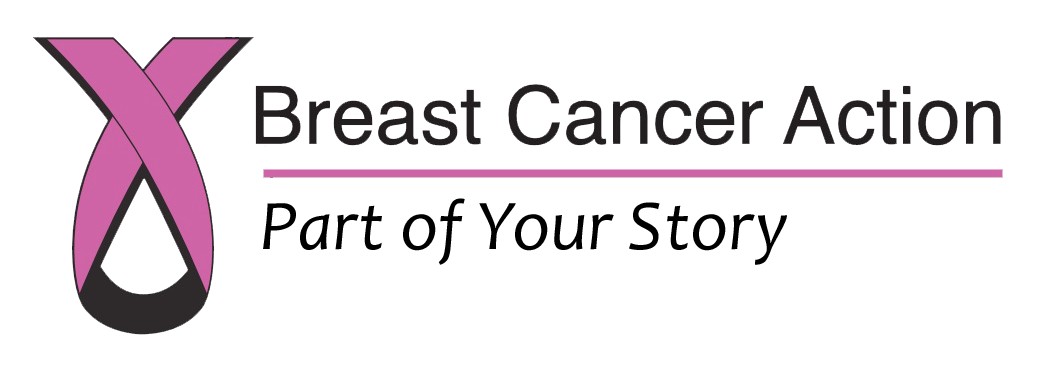Resources
Knowledge is power
In the News
Knowledge Transfer – Videos to Watch
Surveillance/Screening After Breast Cancer
We love Dr. Seely. She is a tireless advocate for Canadian women’s heath. In this video below, she presents really great information about surveillance/screening after breast cancer. She also discusses surveillance for women with dense breasts.
The Newly-Diagnosed
Note: Click “Log in” with the email ed.bca@bcaott.ca (Will autofill with link)
Parents, and Young Children
Parents and Teens / Pre-teens
Family and Friends
Some helpful tips for those who have someone in their life going through a diagnosis of cancer, and the treatment.
The Importance of Physiotherapy
70% of those diagnosed with cancer are struggling with physical side effects of treatment even 1-10 years after treatment has finished (1). Pain, loss of shoulder mobility, lymphedema, fatigue, pelvic problems (pain, dryness/burning, incontinence), and osteoporosis are some of these side effects.
While movement and exercise is an important component of recovery, some people need a little more help. Cancer Rehabilitation, offered by a specially-trained physiotherapist, can help you manage and improve these symptoms.
The College of Physiotherapists website has a list of physiotherapists who have indicated they work in Cancer Rehabilitation. You can access this list HERE. When referring to this list, please note that a physiotherapists' experience in cancer rehabilitation may vary widely so it is important to ask questions about their experience and treatment approach before booking; we encourage you to look at their websites and call to ask questions. You deserve to have the best care possible and work with a physiotherapist you trust."
(1) MacMillan Cancer Support (2009). It's no life: living with the long-term effects of cancer
To access physiotherapists in the Ottawa area click the button below
A Little Bit of Help
“Many of us cancer survivors have faced major life changes – our work, our families, our bodies, and our daily habits are just a few examples of areas where we’ve had to compromise. While some of these changes are temporary, others are permanent. Most of us that have gone through radiation therapy have one permanent mark in common: the radiation tattoos inked on our skin before we began treatment.
For some, these tattoos are a medal of courage. For others, however, they are a painful daily reminder of our cancer experiences. Some survivors choose to have these tattoos removed by laser and while this is a safe and effective way to erase radiation marks, it can be costly. In response to this issue, I have started a new program in collaboration with the Precision Laser clinic in Ottawa, ON. If you are a survivor with radiation tattoos, they will remove them for free.”
